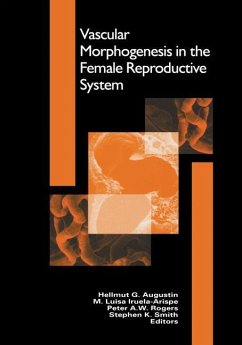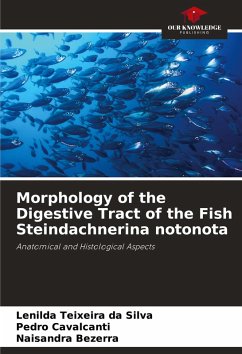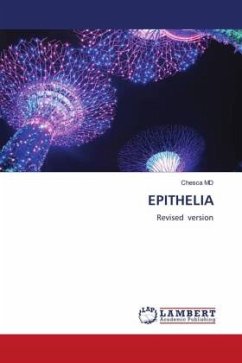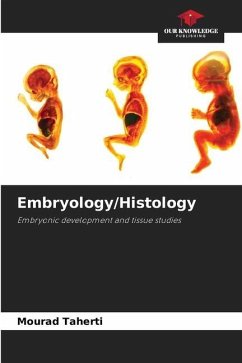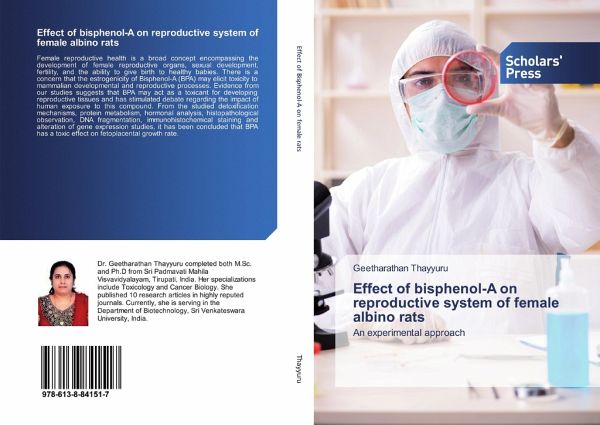
Effect of bisphenol-A on reproductive system of female albino rats
An experimental approach
Versandkostenfrei!
Versandfertig in 6-10 Tagen
59,99 €
inkl. MwSt.

PAYBACK Punkte
30 °P sammeln!
Female reproductive health is a broad concept encompassing the development of female reproductive organs, sexual development, fertility, and the ability to give birth to healthy babies. There is a concern that the estrogenicity of Bisphenol-A (BPA) may elicit toxicity to mammalian developmental and reproductive processes. Evidence from our studies suggests that BPA may act as a toxicant for developing reproductive tissues and has stimulated debate regarding the impact of human exposure to this compound. From the studied detoxification mechanisms, protein metabolism, hormonal analysis, histopat...
Female reproductive health is a broad concept encompassing the development of female reproductive organs, sexual development, fertility, and the ability to give birth to healthy babies. There is a concern that the estrogenicity of Bisphenol-A (BPA) may elicit toxicity to mammalian developmental and reproductive processes. Evidence from our studies suggests that BPA may act as a toxicant for developing reproductive tissues and has stimulated debate regarding the impact of human exposure to this compound. From the studied detoxification mechanisms, protein metabolism, hormonal analysis, histopathological observation, DNA fragmentation, immunohistochemical staining and alteration of gene expression studies, it has been concluded that BPA has a toxic effect on fetoplacental growth rate.



